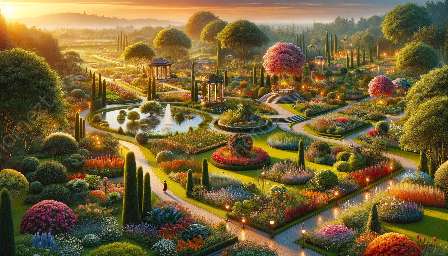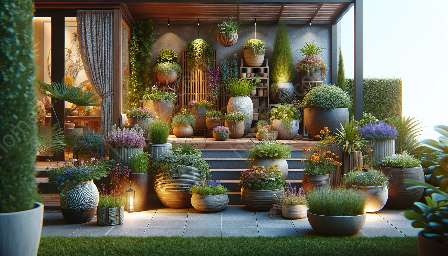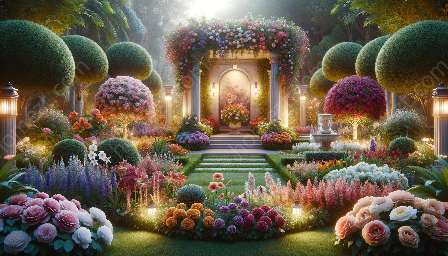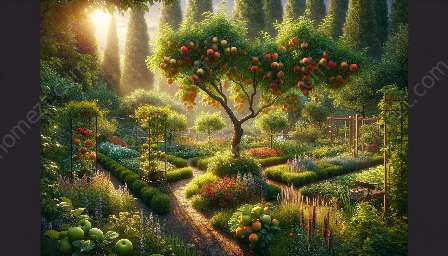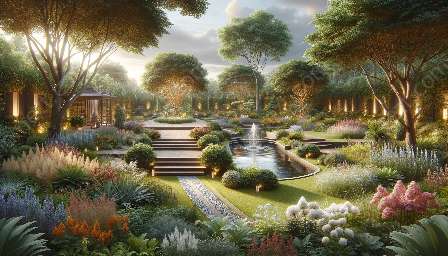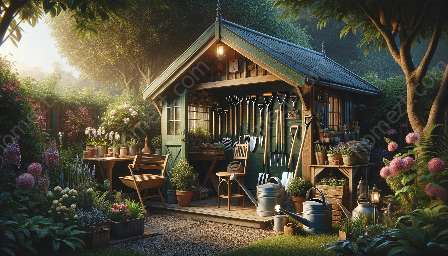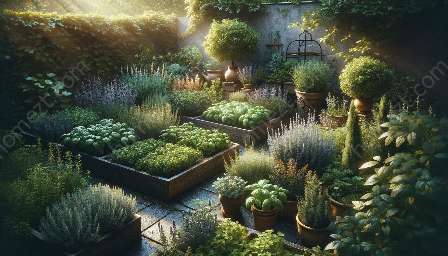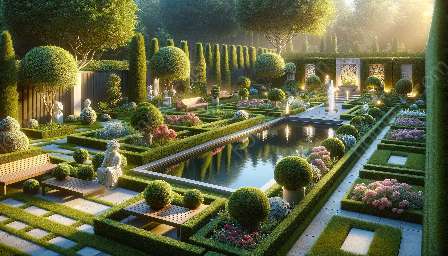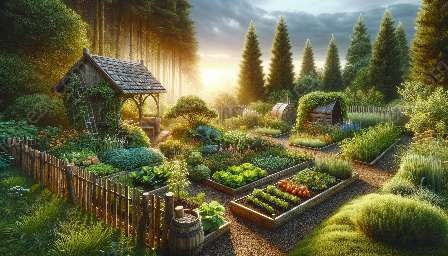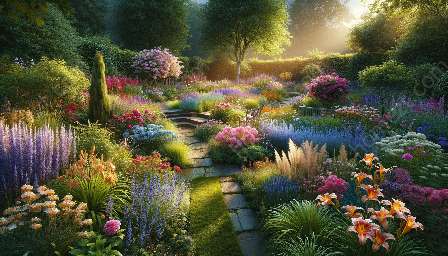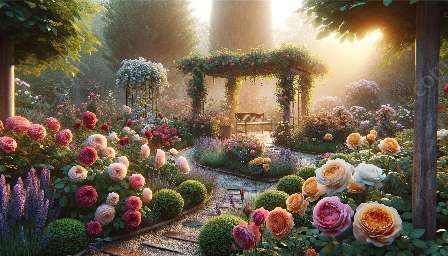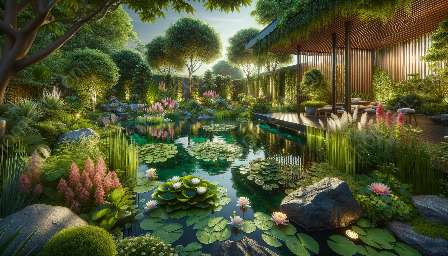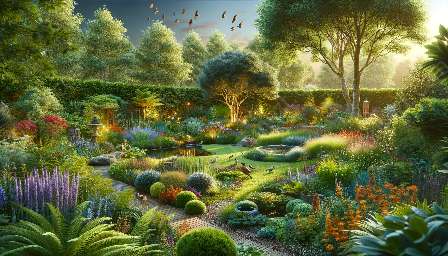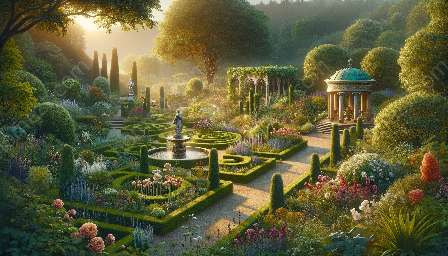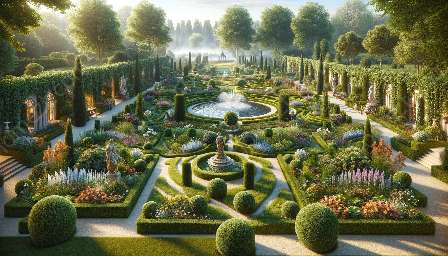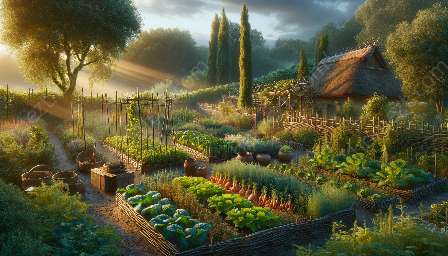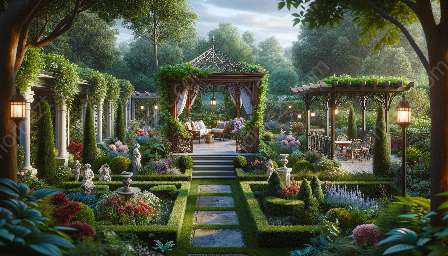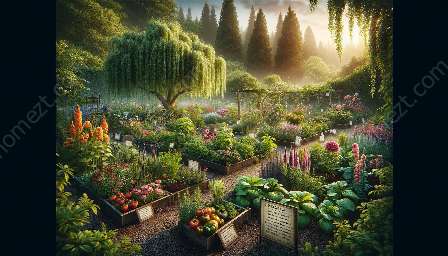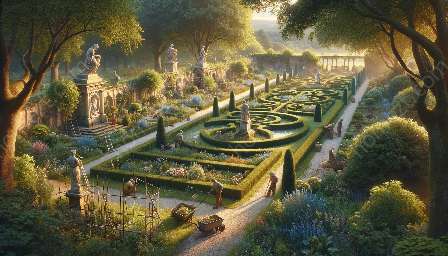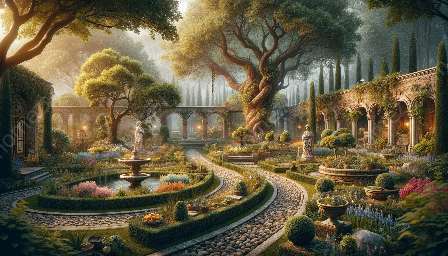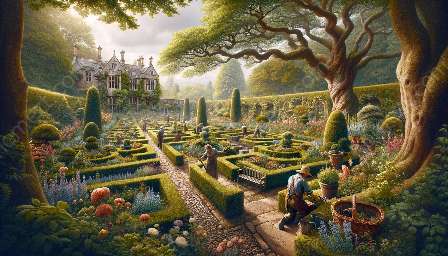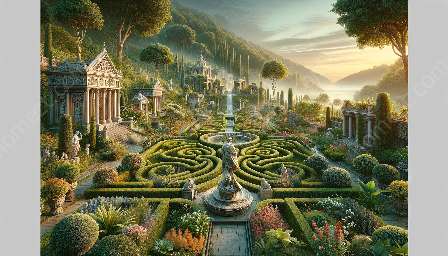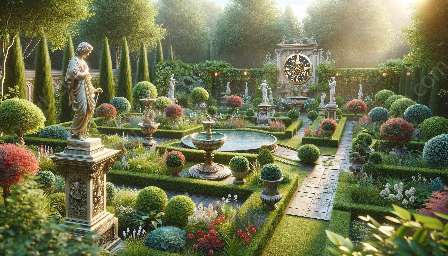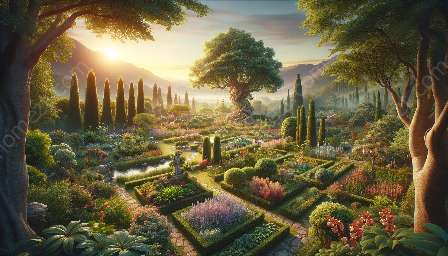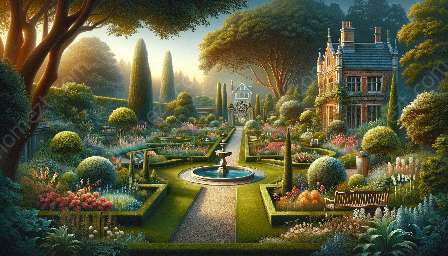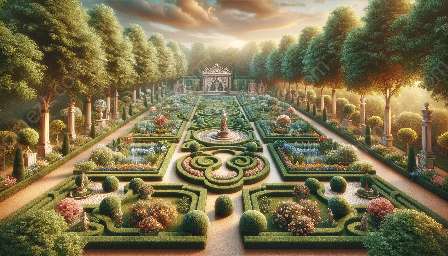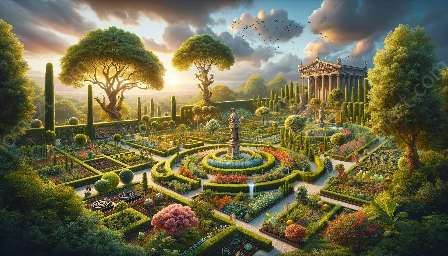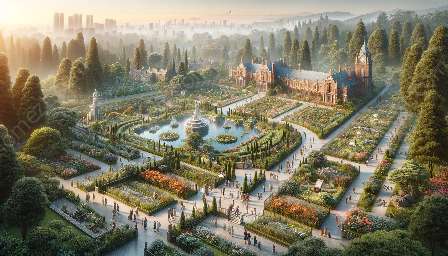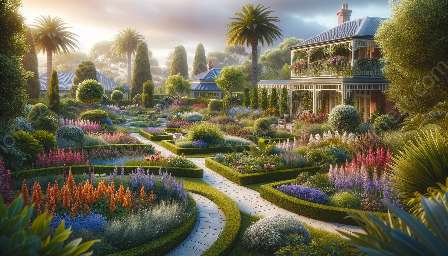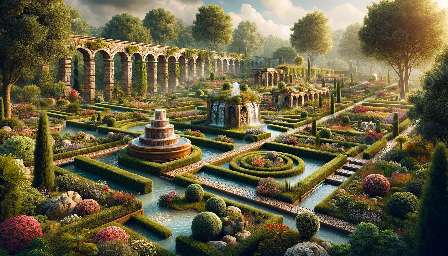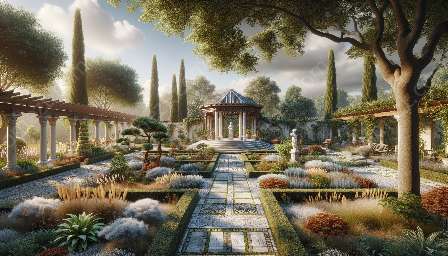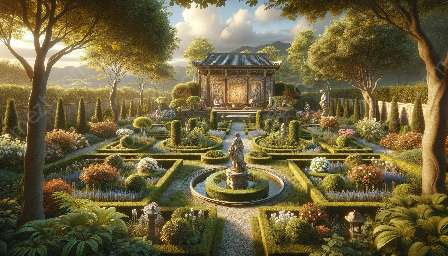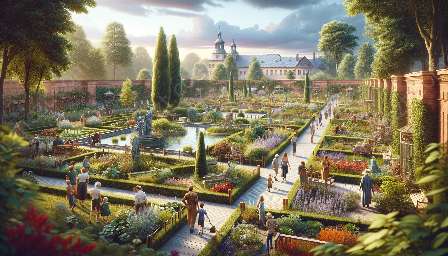Gardens have played a significant role in human civilization, dating back to ancient times. The history of gardens intertwines with cultural, artistic, and horticultural aspects, providing a window into the evolution of human societies.
The captivating journey of garden history can be explored through different perspectives, from heritage gardening to modern landscaping practices. Let's delve into the rich tapestry of garden history and understand its deep-rooted connection with heritage gardening and the art of landscaping.
The Origins of Gardens
Gardens trace their origins to ancient civilizations such as Mesopotamia, Egypt, and China, where they served as sources of sustenance, beauty, and spiritual significance. These early gardens reflected a harmonious blend of practicality and aesthetics, showcasing humanity's desire to interact with the natural world.
Heritage Gardening: a Glimpse into the Past
Heritage gardening is a vital aspect of garden history, emphasizing the preservation and revitalization of traditional garden designs, plant species, and cultivation techniques. By studying heritage gardening, enthusiasts can gain insight into the historical contexts, cultural practices, and environmental relationships that shaped earlier garden landscapes.
The Renaissance and Formal Garden Design
During the Renaissance period, gardens evolved into elaborate expressions of art and power. Formal garden design, characterized by geometric layouts, meticulously trimmed hedges, and ornate fountains, reflected the societal values and aspirations of the time.
Enlightenment and the Naturalistic Garden
The Enlightenment era introduced a shift towards naturalistic garden styles, inspired by the era's pursuit of scientific knowledge and appreciation of the natural world. English landscape gardens, with their sweeping lawns, meandering paths, and carefully placed follies, became emblematic of this philosophical movement.
Gardening and Landscaping in the Modern Era
The modern era witnessed a dynamic interplay of horticultural innovation, urbanization, and environmental consciousness. Landscaping practices, influenced by diverse cultural traditions and technological advancements, have reshaped our urban and suburban spaces into visually stunning and ecologically sustainable environments.
Ecological Gardening and Sustainable Landscapes
In response to environmental challenges, contemporary gardening and landscaping have embraced ecological principles, promoting biodiversity, water conservation, and habitat restoration. Sustainable landscapes prioritize the use of native plants, permeable surfaces, and efficient irrigation systems to create resilient and environmentally responsible outdoor spaces.
Cultural Heritage and Modern Garden Design
The preservation of cultural heritage continues to inspire modern garden design, with landscape architects and enthusiasts drawing inspiration from historical gardens around the world. By integrating heritage elements into contemporary landscapes, we pay homage to the enduring legacy of garden history while fostering a deeper appreciation for diverse cultural traditions.

